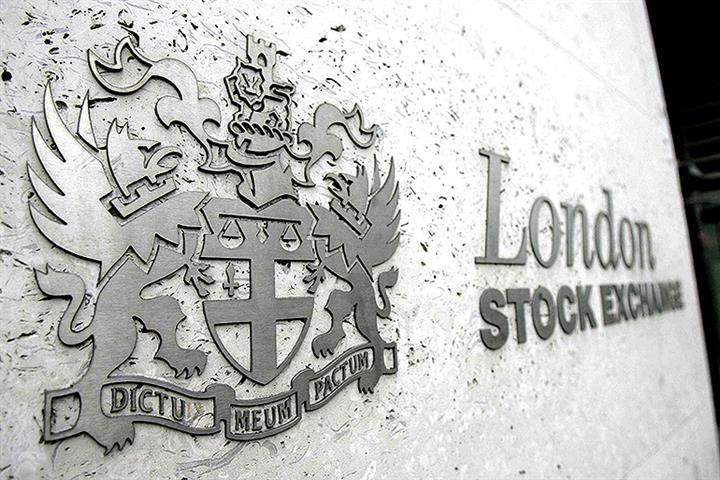 LSE Is Working With Chinese Bourses on Carbon Emission Disclosures
LSE Is Working With Chinese Bourses on Carbon Emission Disclosures(Yicai Global) Aug. 27 -- London Stock Exchange Group is working closely with the Shanghai, Shenzhen and Hong Kong bourses to encourage more disclosure by companies on carbon emissions as the shift toward net-zero emissions gathers pace.
“High-carbon sectors, including energy, utilities, autos, cement, aviation and steel, have been the focus (of carbon reduction) up to now,” Andrea Remyn Stone, group head of data and analytics at LSEG, in a keynote speech at the ESG Global Leaders Summit yesterday.
Financial markets understand that promoting development of the net-zero economy is a once-in-a-lifetime opportunity, she said.
“From banks to insurers, asset managers to sovereign wealth funds, the financial sector is realigning the supply of capital to support the transformation of companies into net-zero emission models,” Stone said.
The financial sector, for example, could redistribute investment through large institutional investors around the world, or it could develop new and innovative products, such as ‘transition bonds,’ she told the summit.
At present, green investment targets are not just renewables, but also advanced batteries, energy-efficient products, water desalination technology and flood control equipment. LSEG’s Green Revenues Classification System recognizes 133 green industrial sub-categories.
And although sustainable investments are reaching record levels, they remain a small slice of the total flow. Sustainable finance bonds may be breaking records year after year, but they still account for just 10 percent of all money raised via the debt capital markets, according to LSEG data.
Stone told the summit that financial markets could work with policymakers and industry to further boost capital flows. But to play that role, investors need sufficiently clear, comparable and comprehensive data to assess the climate risks and climate opportunities of an investment.
“Investors do not uniformly receive such data today,” she said. “For example, only 43 percent of companies in the FTSE All-World Index disclose their emissions data. Even fewer reveal their emission reduction targets, or the internal carbon price on which their earnings forecasts are based.
“The climate-related financial disclosure task force of the G20 Financial Stability Board has developed an information disclosure framework that is gaining support from a growing number of governments as well as markets, both investors and companies,” Stone said.
She also revealed that the LSE is working closely with the Shanghai, Shenzhen and Hong Kong stock exchanges as well as other institutions around the world to encourage greater disclosure of carbon emissions by companies.
Editors: Liao Shumin, Peter Thomas